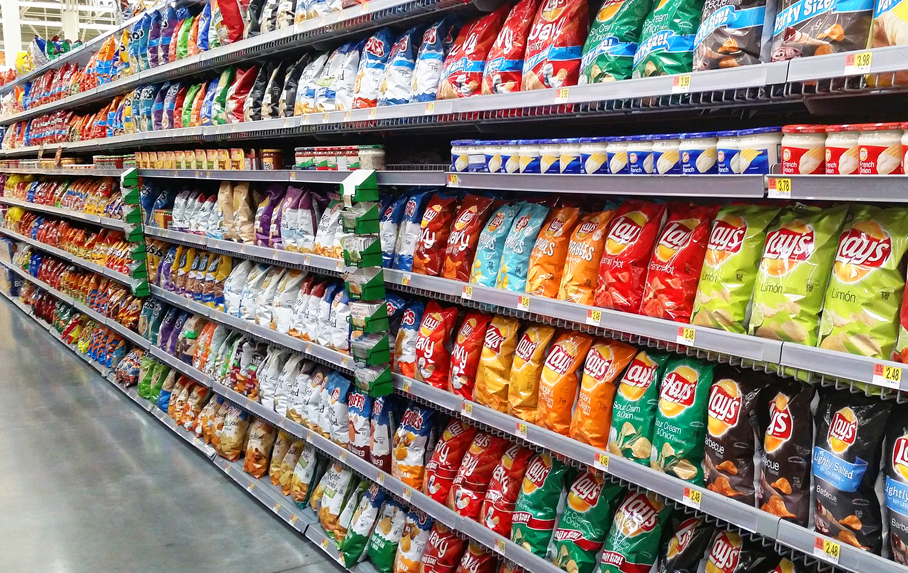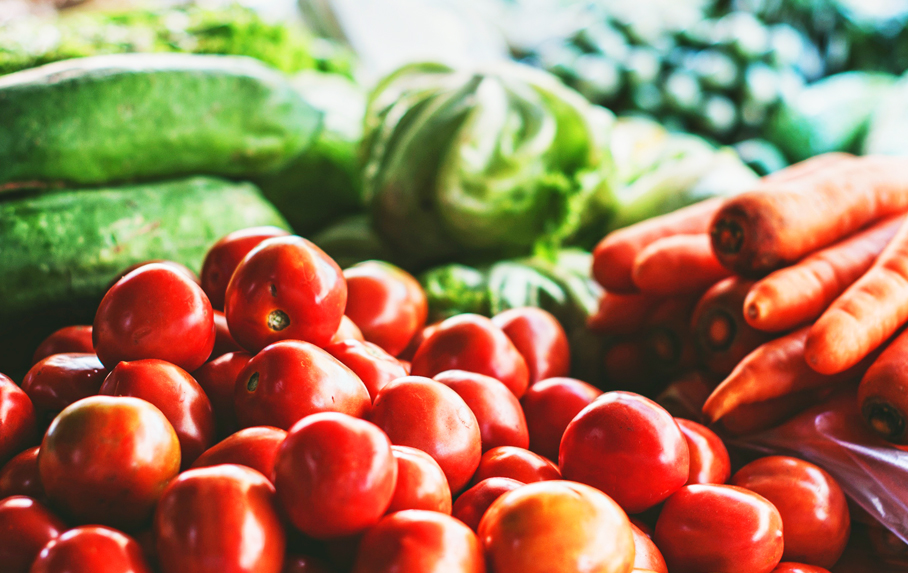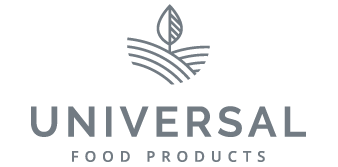Navigating food labels can be tricky business. Manufacturers commonly use packaging as marketing and utilize the space to sell us cleverly crafted nutrition and health claims. But is every product as good as it’s cracked up to be? This guide will bring you up to speed with what to look out for while shopping.

One of the most powerful ways we can look after our health is by making informed choices. When it comes to food shopping, it’s easy to get lost in a sea of misinformation, misleading health and nutrition claims, and colourful packaging. Despite this, food labels have been shown to be an integral strategy employed by governments to help tackle the diet and obesity epidemic much of the world is currently facing. Attempts made by governments around the world to help make food choices simpler are helpful, but they are not conclusive.
Power lies within being an informed consumer – what we choose to purchase is a direct message to our supermarkets and food chains that these are the kinds of food products we want and will continue to want. The way I see it, every dollar we spend is a vote in favour of the availability of that item. After all, our dollars inform what we will be able to find.
These simple tips will have you well on your way to becoming a more informed customer and healthier shopper. Best of all, they’re easy to remember and can be utilised at every supermarket visit. Woohoo!
Key Tips
1. Context
What purpose is the food you’re purchasing serving? Consider the physical purpose of the food, like whether it’s a snack, a treat, or forms the basis of a main meal. With this in mind, you can weigh up the nutritional content against other things you know you and/or your family will be enjoying throughout the day and assess for suitability. If a product has a high fat content, consider these sorts of questions to weigh up the context:
– Have I/ my family enjoyed a healthy fat source with each meal today?
– Are the fats found within this item sourced from beneficial whole foods (avocado, nuts, seeds, olives, coconut, eggs), or from man-made sources (butter, oils).
– Does this item also count towards my vegetable intake for the day (avocado, olives).
“The more ingredients, the more complicated a food becomes.”
Context also refers to the relevance of an ingredient within a product– for example, it makes sense for a product like yoghurt to contain sugar, as milk naturally contains lactose (milk sugar), but be aware of hidden sugars, hiding in strange places like tins of beans!
2. Focus
Don’t be fooled by misleading health and nutrition claims. Stick to your gut instincts, make real food choices and shop with real ingredients in mind, rather than claims to lower cholesterol or the product being high in fibre. These claims, even though they are true and are backed up by studies, are designed to lure us in and generate sales.
Never going to the supermarket while you’re hungry is a big part of how to stay focused – hunger guarantees spur-of-the-moment decisions you’re likely to regret. Ensuring you have a good meal in your belly will fuel your body with the brain power it needs to tackle the supermarket aisles and make informed decisions.

3. Less Is More
When it comes to pre packed food, long ingredients list is never a good thing. The more ingredients, the more complicated a food becomes and the more work your body has to undertake to digest and absorb this food. Furthermore, if any words are difficult to pronounce, chances are they’re either chemicals or hidden words for sugar. Don’t be afraid to do a quick google in the supermarket aisle!
Remember that the alternative to packaged food items are whole foods. While some packaged food items may be derived from whole food ingredients which is fantastic, don’t forget where they came from. If you’re struggling to find an appropriate snack item or dinner side, don’t forget whole food staples like whole grains, legumes, nuts and seeds – not everything has to come in a packet. You can buy these items in bulk from most supermarkets too, which really helps lower your costs.






